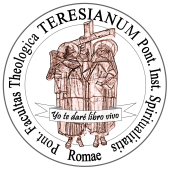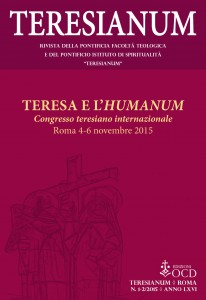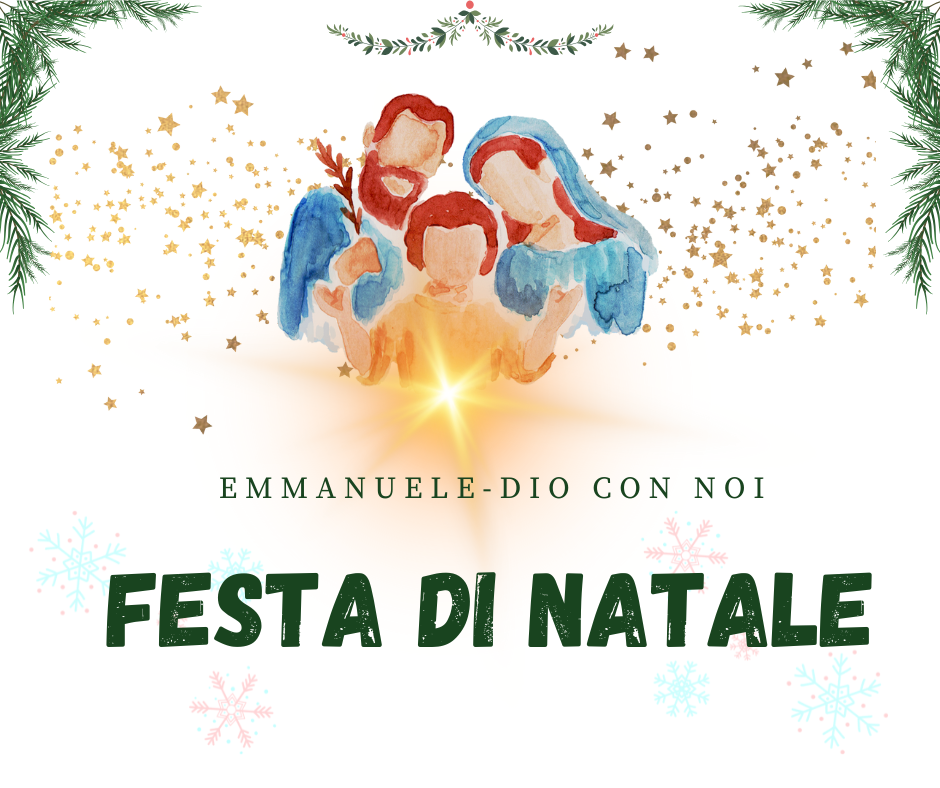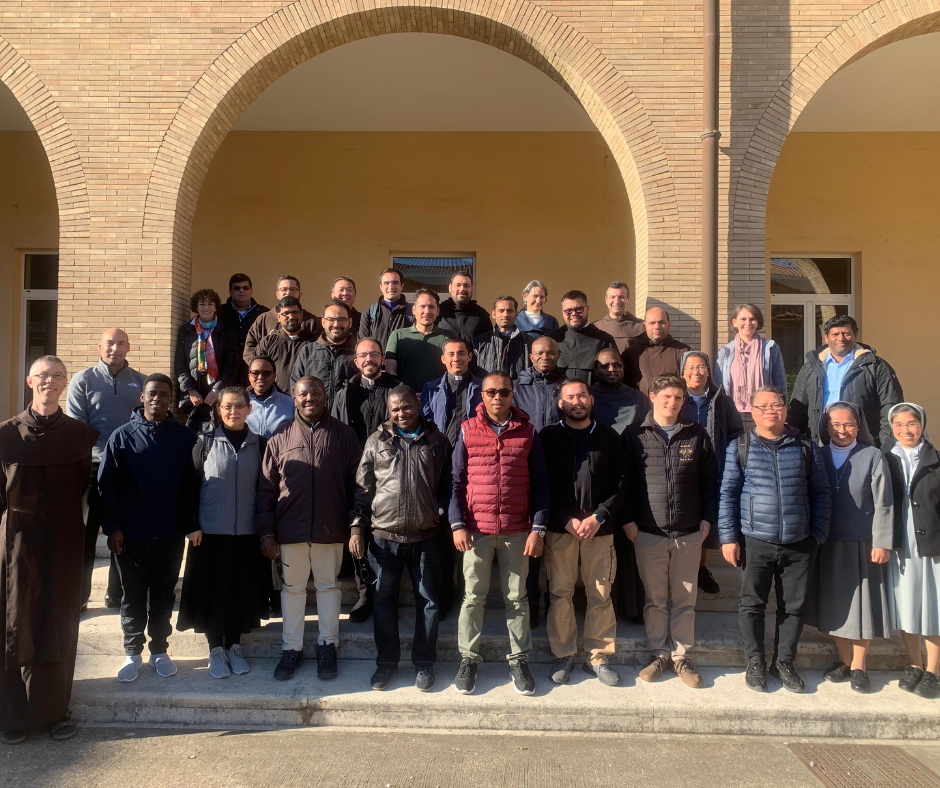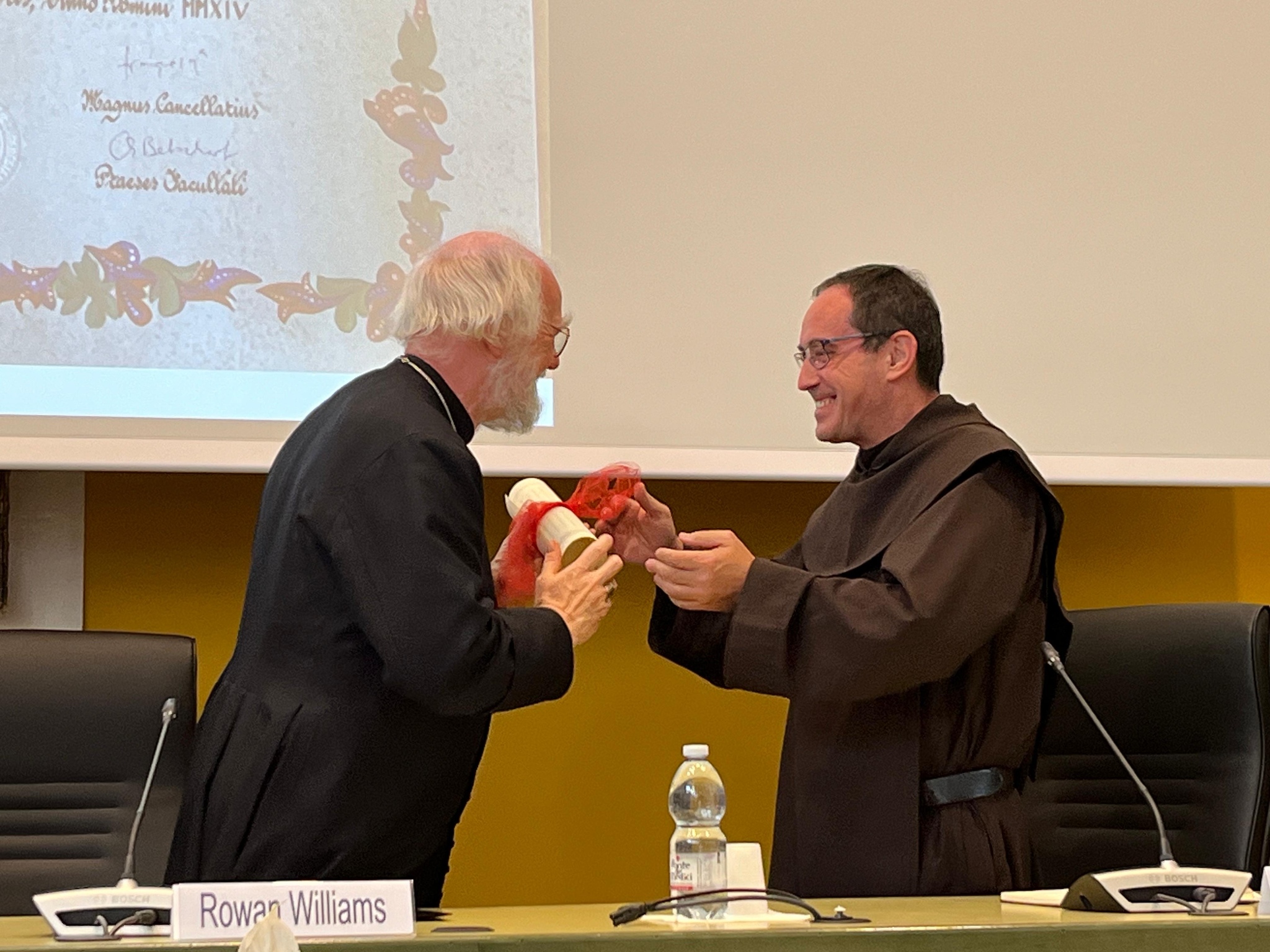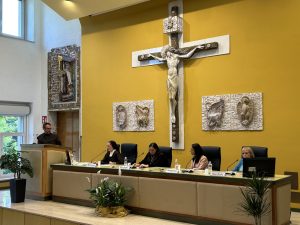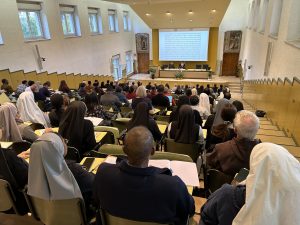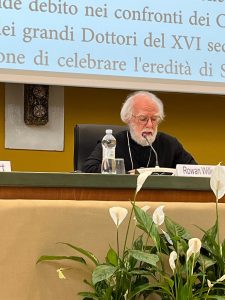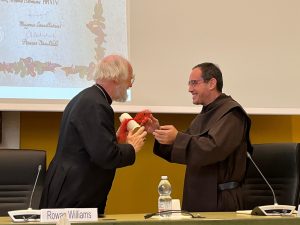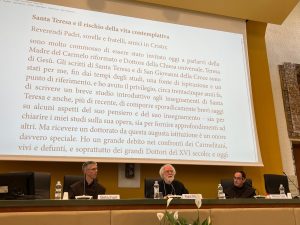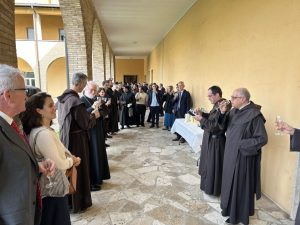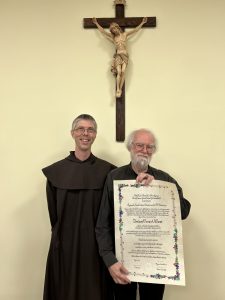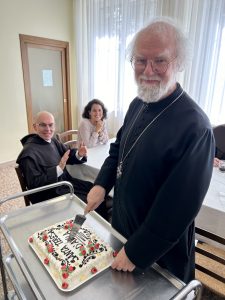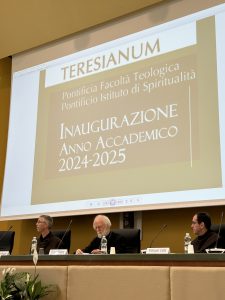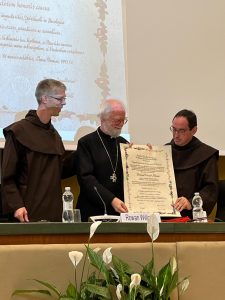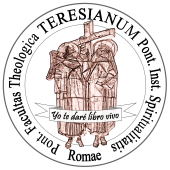Docente: Prof. Denis CHARDONNENS
Giustificazione
La teologia della redenzione, contraddistinta da un approfondimento continuo nella storia della Chiesa e particolarmente oggi, beneficia delle grandi fonti della Tradizione. Come tale, essa non smette di interrogarsi sulla la realtà della salvezza e sul suo significato per la nostra vita di fede e per la nostra missione ecclesiale a servizio della ricerca della verità su Dio e sul senso della nostra esistenza, condivisa con i nostri contemporanei.
Obiettivi
Questo seminario intende affrontare la teologia della redenzione, a partire da testi di alcuni grandi testimoni della Tradizione ecclesiale, vale a dire sant’ Atanasio di Alessandria, san Leone Magno, sant’Agostino, san Tommaso d’Aquino e Joseph Ratzinger- Benedetto XVI.
Contenuti
Ogni seduta del seminario è dedicata a uno degli autori menzionati in precedenza.
Metodologia
La lettura accurata dei testi si distingue per un’esigenza di analisi e di riflessione teologica, durante le sedute seminariali e nell’elaborato scritto. Ogni seduta comporta l’esposizione orale di uno studente su un testo, la cui durata è di 30 minuti, e una discussione. L’elaborato scritto – di circa 15 pagine – riassume, in maniera articolata, lo studio del testo presentato in classe.
Criteri di valutazione
Il lavoro dello studente viene valutato in base alla partecipazione alle discussioni (10 %), alla propria esposizione orale (30 %) e all’elaborato scritto (60 %).
Distribuzione del tempo di lavoro
24 ore per la presenza in classe e 72 ore distribuite tra lo studio dei testi, la presentazione orale e l’elaborato scritto.
Bibliografia
Essa è consegnata all’inizio del seminario
